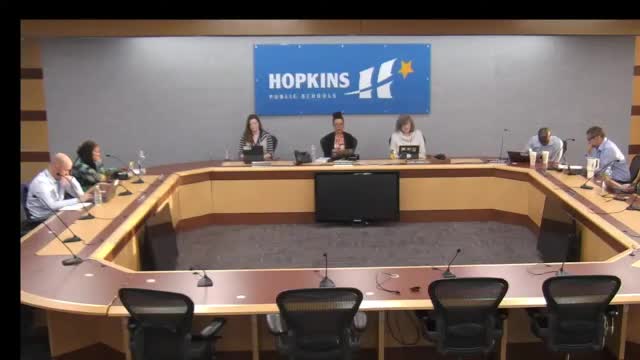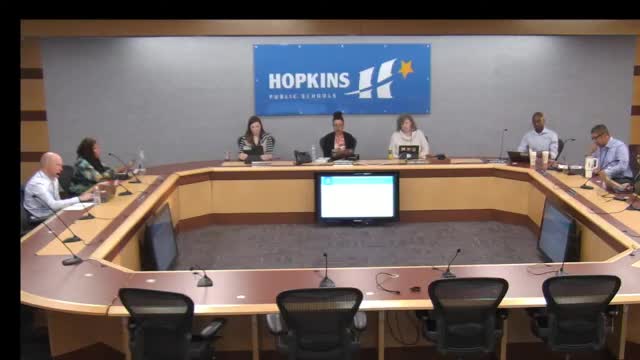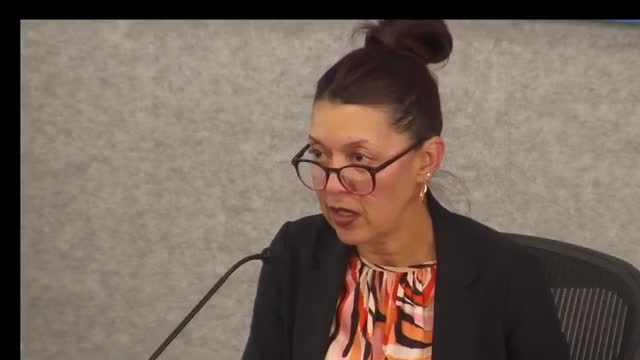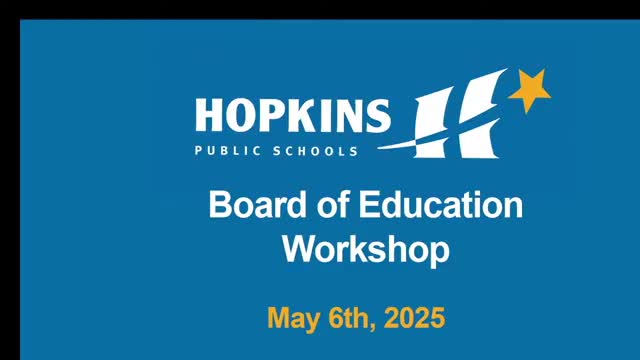Article not found
This article is no longer available. But don't worry—we've gathered other articles that discuss the same topic.

Votes at a glance: Hopkins Public Schools board approved routine items and policies on first read, disbursed $2.41M in April payments

Board review: Hopkins moves from expenditure-based budgeting toward enrollment-driven revenue model after 2021 equity audit

Hopkins Public Schools previews proposed November bond referendum focused on safety, accessibility and flexible learning spaces

